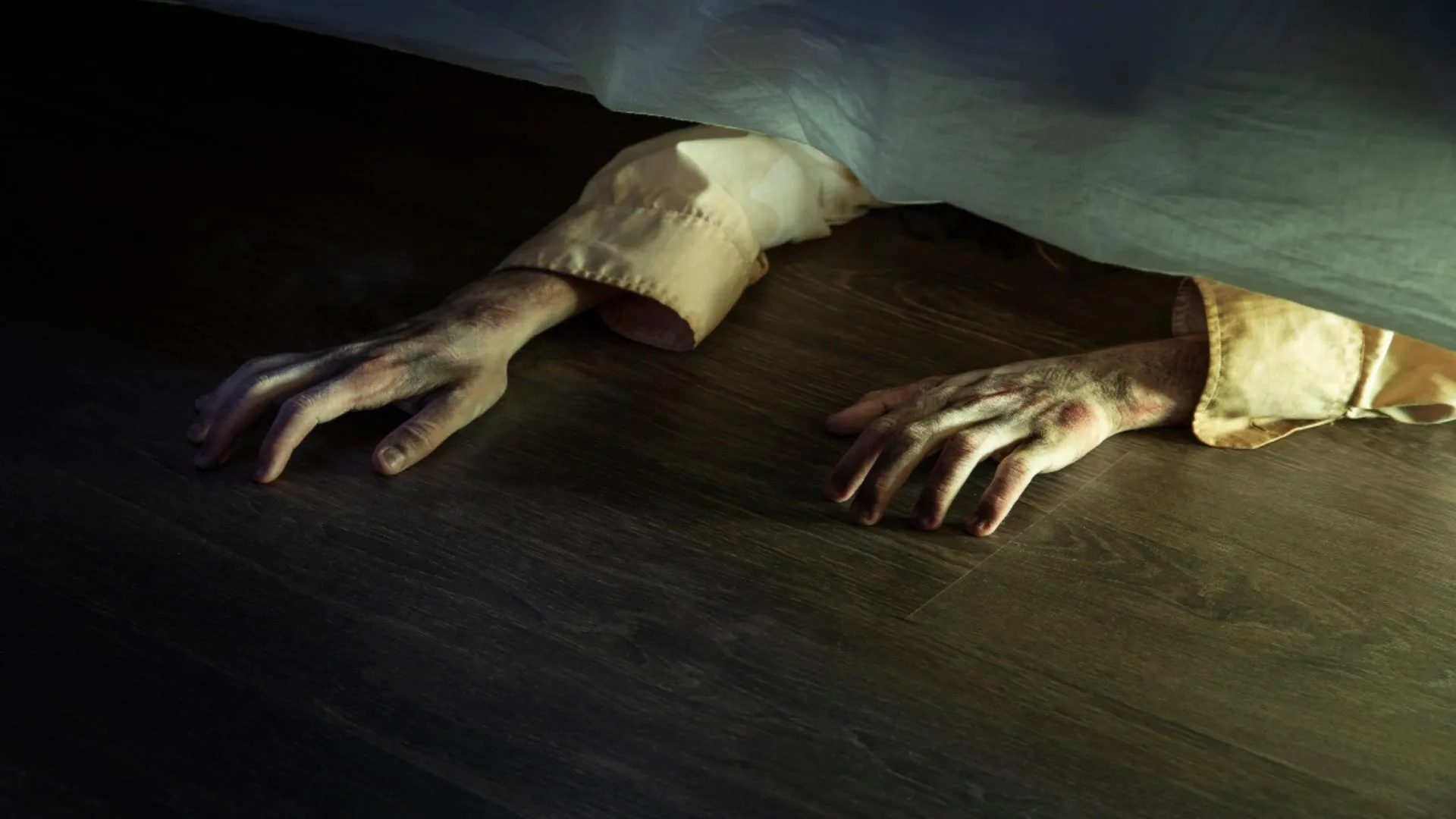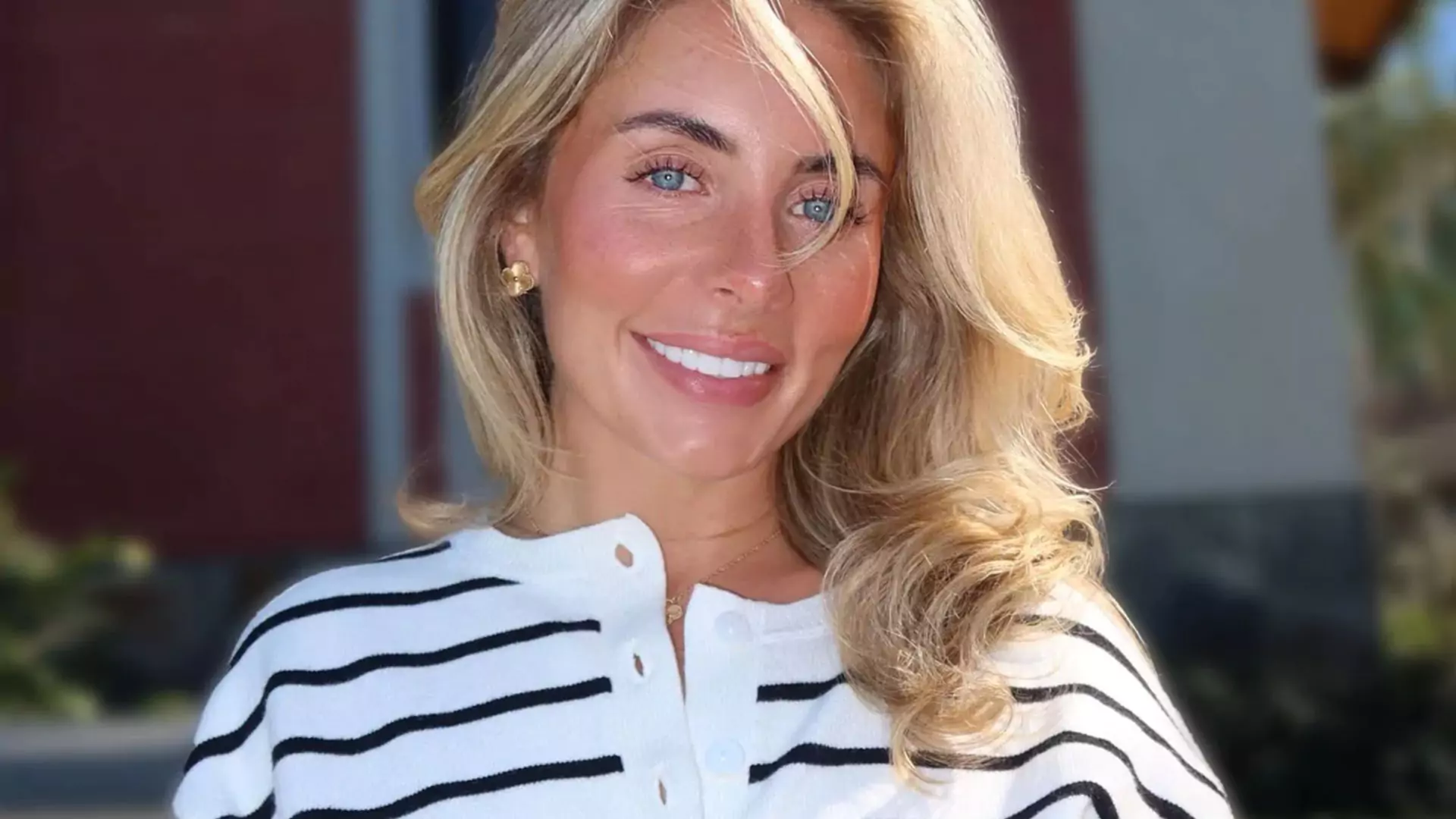On September 14, 2020, the Delhi Police’s special cell arrested former Jawaharlal Nehru University (JNU) student Umar Khalid under the Unlawful Activities (Prevention) Act (UAPA) for his alleged involvement in the February 2020 northeast Delhi riots. These riots tragically claimed 53 lives, the majority of whom were Muslims. Four years later, Umar Khalid remains behind bars in Tihar Jail, awaiting trial, with multiple bail pleas denied.
Despite the Supreme Court’s frequent reiteration that bail should be the rule—even in cases involving the UAPA—Umar Khalid, now 36 years old, continues to languish in prison without bail. He has consistently pleaded not guilty, maintaining that his role was limited to peaceful protest.
The Larger Conspiracy Case
Following the 2020 riots, over 2,500 people were arrested in various cases, with more than 2,000 granted bail over the past four years. However, Khalid has been labeled a key conspirator in the larger conspiracy case, where 17 others were also accused, many of whom are now out on bail.
Khalid was denied bail for the first time by a Karkardooma court in March 2022, roughly 18 months after his arrest. His subsequent appeal to the Delhi High Court in October 2022 was also unsuccessful. In the same year, he approached the Supreme Court, but his bail plea has been adjourned 14 times in 11 months as of February 2024, often due to lawyers’ absence or prosecution requests.
In one instance, on August 2023, a bench led by Justices A.S. Bopanna and P.K. Mishra adjourned his hearing due to an inability to take up the matter in that particular bench configuration. The case was later transferred to a bench led by Justice Bela M. Trivedi, which also adjourned the hearing on multiple occasions, citing reasons like “paucity of time” or the unavailability of senior lawyers. Khalid’s request for bail remains pending.
Timeline of Delays and Adjournments
On February 14, 2024, Umar Khalid withdrew his bail plea from the Supreme Court, citing “changed circumstances.” He then sought bail again through a trial court, basing his plea on the delay in his trial and the fact that many of the co-accused in the larger conspiracy case had been granted bail. However, the trial court rejected his plea on May 28. Currently, his request is pending before a Delhi High Court bench, which, in July, asked the police for their response.
Banojyotsna Lahiri, a researcher based in Delhi and Khalid’s partner, voiced her frustration, describing Khalid as someone who advocates for peaceful responses to hate. Saddened by his prolonged imprisonment without trial, she expressed hope that he would at least receive a fair hearing soon.
The Legal Principle of Bail
In August 2023, a bench of Justices Abhay S. Oka and Augustine George Masih reaffirmed that the legal principle “bail is the rule, jail is the exception” applies even in UAPA cases. The bench emphasized that denying bail in deserving cases is a violation of fundamental rights. In a previous ruling in July, another Supreme Court bench stressed that withholding bail cannot be used as a form of punishment, regardless of the nature of the alleged crime.
However, Senior Advocate Sanjay Hegde points out the inconsistency in bail decisions within the Supreme Court, which, being a “polyvocal” institution, can issue differing rulings depending on the bench hearing the case. He suggested that Umar Khalid’s case may not have come before a bench that aligns with recent pro-liberty judgments. “People cannot be kept endlessly in prisons for speeches whose meaning may have been interpreted differently by different people,” Hegde remarked.
A “Travesty of Justice”
Senior Advocate Sanjoy Ghose expressed deep concern over the fact that individuals accused of serious crimes, including murder and rape, often receive bail sooner than someone like Umar Khalid, whose case has been delayed for years. “It is not Umar but our justice system that is on trial,” Ghose commented.
According to advocate Soutik Banerjee, Khalid’s case represents a test for India’s constitutional courts to uphold the supremacy of constitutional rights over the constraints imposed by the UAPA. “With the trial nowhere near completion, four years of pre-trial detention amounts to a severe violation of his rights under Article 21 of the Constitution,” Banerjee added.
Umar Khalid’s continued incarceration without trial or bail has sparked debates on justice, fundamental rights, and the treatment of dissent in India. As he waits for his day in court, the question remains whether the justice system will uphold the principle of fairness or let political considerations overshadow the rights of the accused.
Read More: Isarel-Gaza War: UN Staffer Among 10 Killed in Israeli Military Operation in West Bank






















